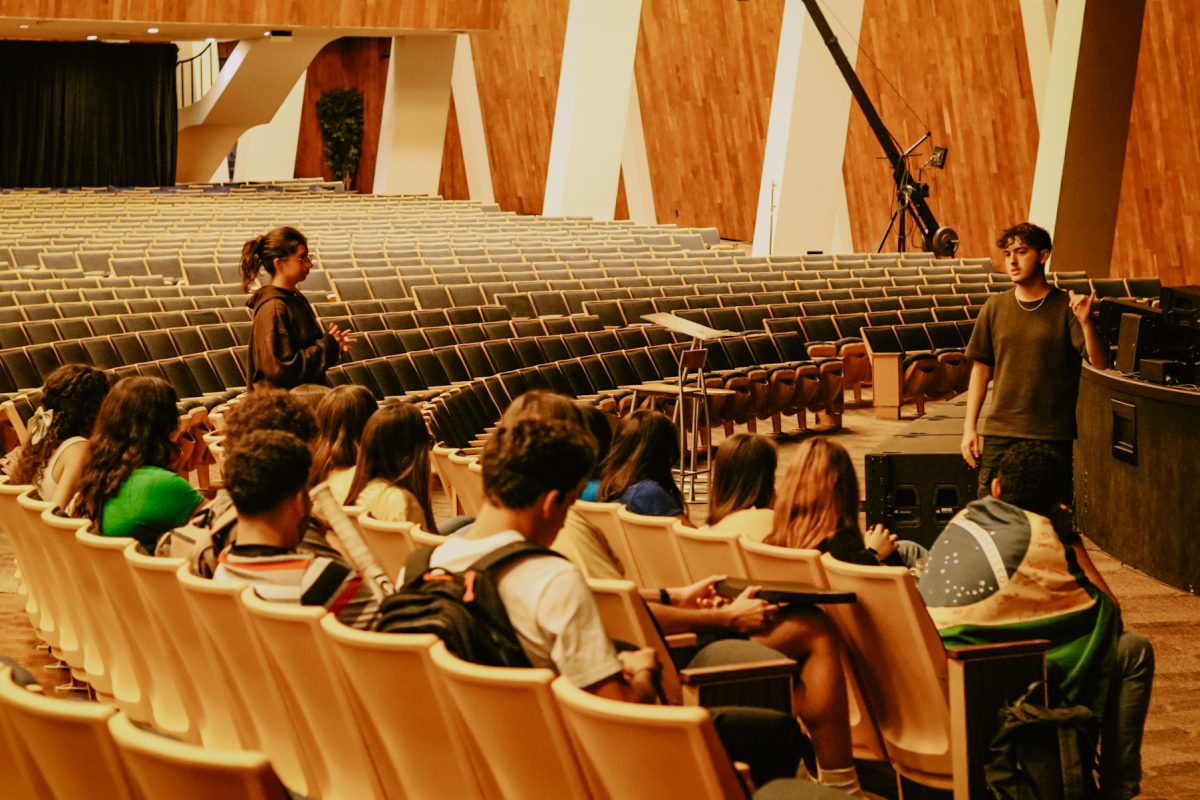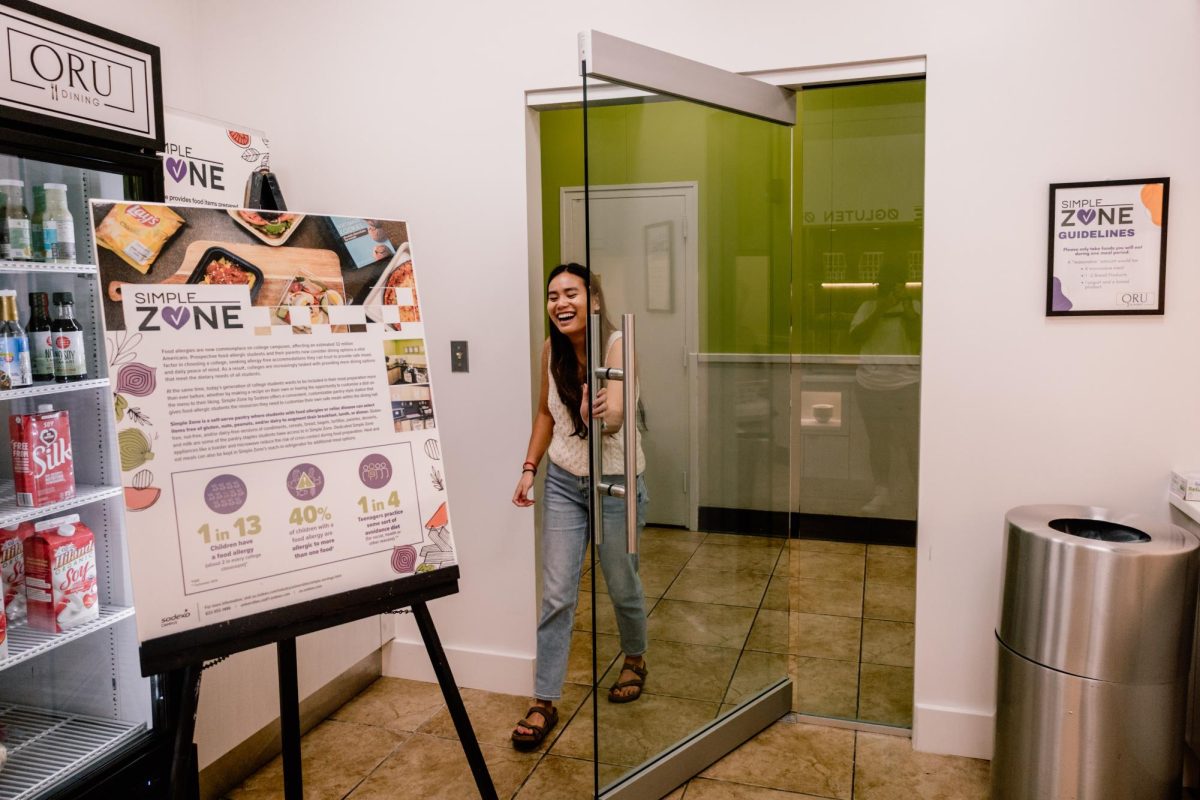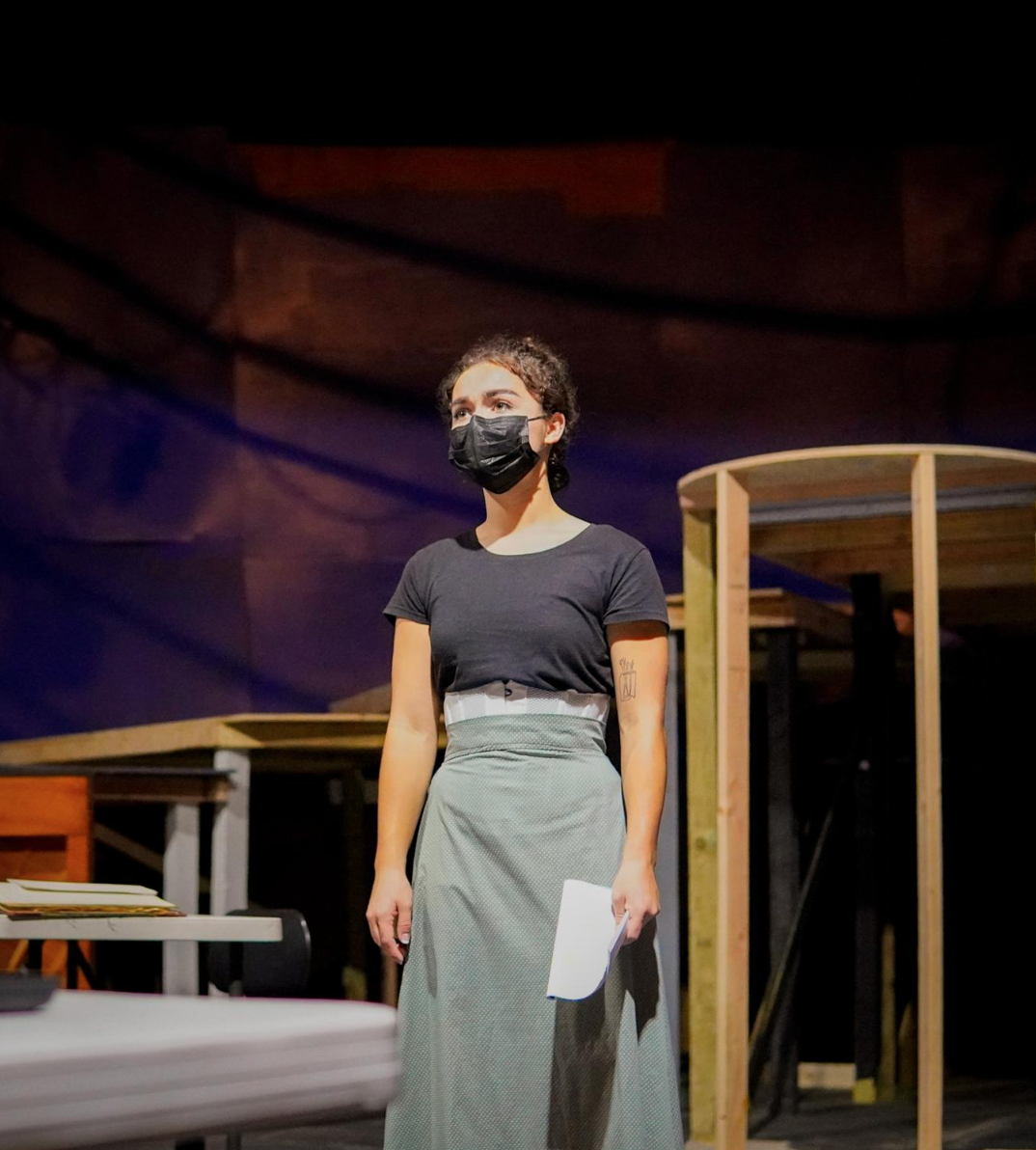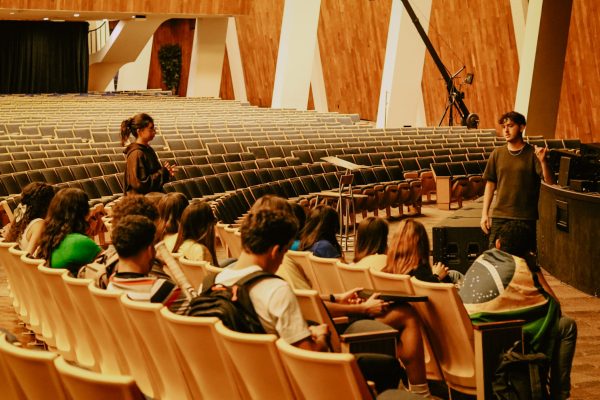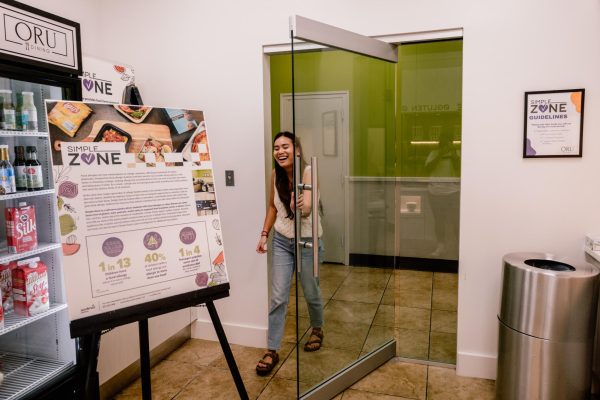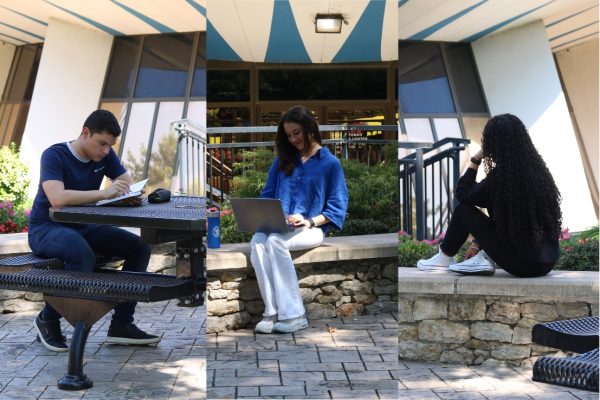Maintaining the work-school balance
November 30, 2022
A student in her early twenties quickly walks through ORU’s hall of mirrors. As Ashlynn Kinnett walks, she fixes her hair and keeps a steady pace in her business casual clothing. It is her third day this week hustling from class to work, and the routine comes naturally as she leaves the building and enters the parking lot, ready for the second half of her day to begin off campus.
In 2020, 40% of full-time, undergraduate students had jobs they kept while in school, according to the National Center for Education Statistics. Reasons for jobs may differ, but balancing schoolwork and jobs can be a delicate line.
Oral Roberts University marketing senior Ashlynn Kinnett has worked a job every semester since her freshman year.
“It is mainly so I don’t have to take out as many loans and I can pay off some parts of school and also just with buying groceries,” said Kinnett.
But Kinnett has struggled with balancing her current job at a bridal boutique and her senior-level classes. Managing time between the two, as well as finding time for group project meetings, has not been easy.
“It does get in the way, especially in upper-level classes just because they take so much time,” said Kinnett.
For Kinnett, a full class load plus 20 hours of work a week is her cap. It gives her time to do homework, attend classes, sleep and keep a social life while working her job.
The main struggle with time management comes with working weekends. Kinnett traditionally has worked all day most Saturdays, which means sacrificing a lot of social time as well as studying.
“Time management is the biggest thing, just make sure that you schedule out when you’re going to be able to do your homework,” said Kinnett.
ORU computer science and mathematics junior Johnny Biederman has experienced similar struggles.
“It can be a little difficult to plan study sessions and meeting up with classmates for projects because of my schedule,” said Biederman. “I’ve missed a lot of campus events and sports games I’d rather have gone to because of work.”
Biederman works 15 hours a week with a class load of 16 hours, and he says 20 hours of work a week would also be his max. Bills, loans and extra money are all reasons for keeping his job at A&R Axe Throwing throughout his college career.
“Keep a good calendar and find a way to maximize your time. And if you have to err on one side it would be on the side of schoolwork,” said Biederman.
ORU success coaches Brayden Russell and Vanessa Close have their own opinions on the topic of students who work outside the classroom.
Russell pointed out that many students prioritize their jobs over schoolwork, but schoolwork is something the students are paying for. It makes the job pointless if students skip school to work, fail classes, then work more to make up for it, Russell said.
“I wouldn’t encourage overworking,” said Russell. Work is a “good thing” if you can find the balance between being “disciplined enough to study and have a job.”
If students are not getting a full night’s sleep and lack a social life, they need to consider working fewer hours, Russell said. He recommends 20 hours or less for full-time undergraduate students.
For students who do work, Close recommends strong communication with professors. She adds, students should make time for themselves as well, striking a balance between work and school expectations to reduce the additional stressors of both.



